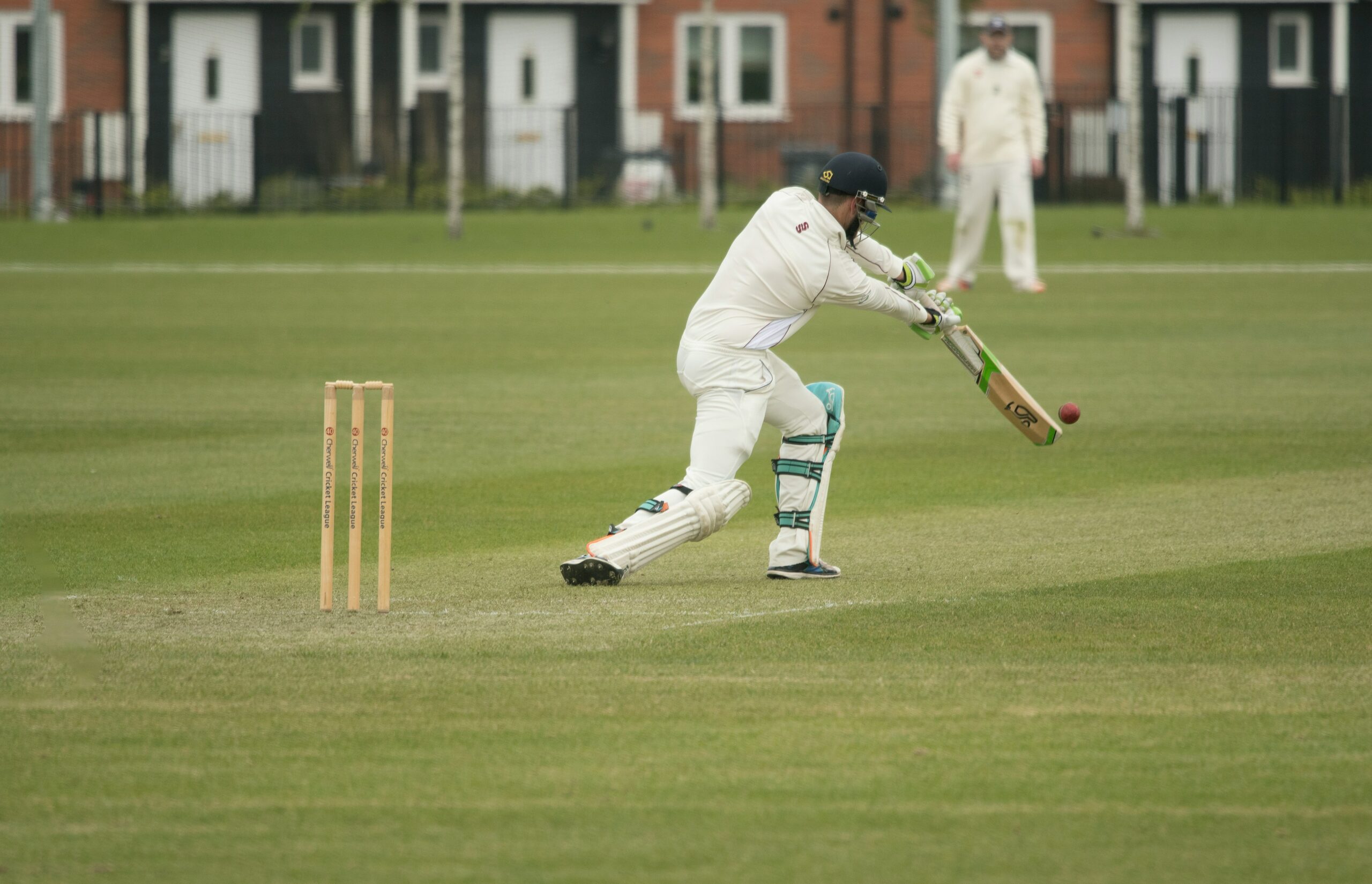The Influence of Indian Cricket on Cultural Identity
Lotus365, Kabook: Cricket, a sport deeply entrenched in the fabric of Indian society, has a rich history that dates back to the colonial era. Introduced to the country by the British in the 18th century, cricket quickly gained popularity among the local population, evolving from a leisurely pastime for the elite to a national obsession embraced by people from all walks of life.
The establishment of the Bombay Gymkhana in 1875 marked a significant milestone in the development of cricket in India, serving as a pivotal venue for the burgeoning sport. As the game continued to capture the imagination of the Indian populace, domestic competitions flourished, giving rise to regional teams and iconic rivalries that still resonate in the present day.
Cricket as a Symbol of National Pride
Throughout history, cricket has undeniably become a symbol of national pride in India. The sport’s ability to unify people from diverse backgrounds under a common love for the game has fostered a sense of national identity and belonging. Whether it’s a high-stakes match against a rival nation or a local game in a rural village, cricket serves as a unifying force that transcends socio-economic barriers and unites Indians in a shared passion.
The achievements of the Indian cricket team on the international stage have further elevated the sport to a symbol of national pride. Victories in prestigious tournaments like the ICC Cricket World Cup and the ICC Champions Trophy have not only brought glory to the nation but have also instilled a sense of collective pride and accomplishment among the Indian populace. The sight of the national team donning the Indian jersey and representing the country on the cricket field evokes strong feelings of patriotism and national pride among fans across the country.
Impact of Cricket on Indian Society
Cricket in Indian society holds a profound significance that extends far beyond the boundaries of a mere sport. Growing in popularity and passion over the years, cricket has intricately woven itself into the social fabric of India, encapsulating a sense of unity and national pride among its diverse population. The game serves as a common ground where people from different backgrounds come together, transcending barriers of class, caste, and region, fostering a sense of camaraderie and belonging.
Moreover, the influence of cricket on Indian society extends to various aspects of life, from shaping cultural norms to influencing career choices. The adulation towards cricket stars often leads to an emulation of their lifestyles and values, impacting trends in fashion, entertainment, and even politics. The sport not only entertains but also serves as a source of inspiration for the youth, instilling in them values of discipline, perseverance, and teamwork that are essential in navigating the complexities of the modern world.
What role did cricket play in the Indian society historically?
Cricket has been a popular sport in India for centuries, with its origins dating back to the colonial era. It has since evolved to become a symbol of national pride and unity.
How has cricket influenced Indian culture?
Cricket has had a significant impact on Indian culture, influencing everything from fashion to media to language. It has become a major part of the national identity and is celebrated across the country.
Has cricket helped to bridge social divides in India?
Yes, cricket has often been seen as a unifying force in Indian society, bringing people from all backgrounds together to support their national team. It has helped to bridge social divides and foster a sense of camaraderie among Indians.
What are some of the ways in which cricket has impacted Indian society?
Cricket has had a profound impact on Indian society, influencing everything from politics to economy to entertainment. It has helped to promote a sense of national unity and pride, and has provided a platform for social change and progress.







